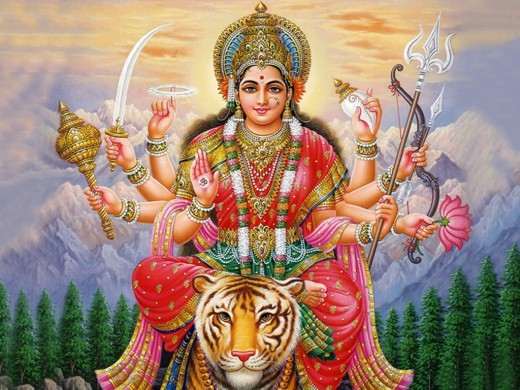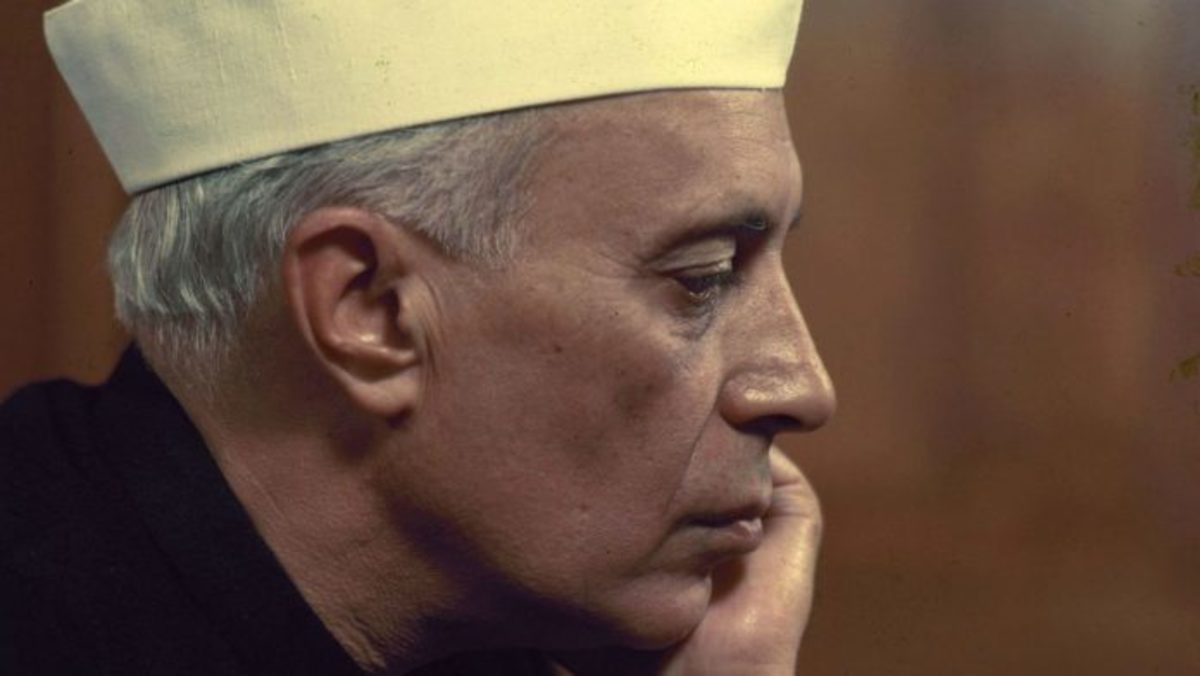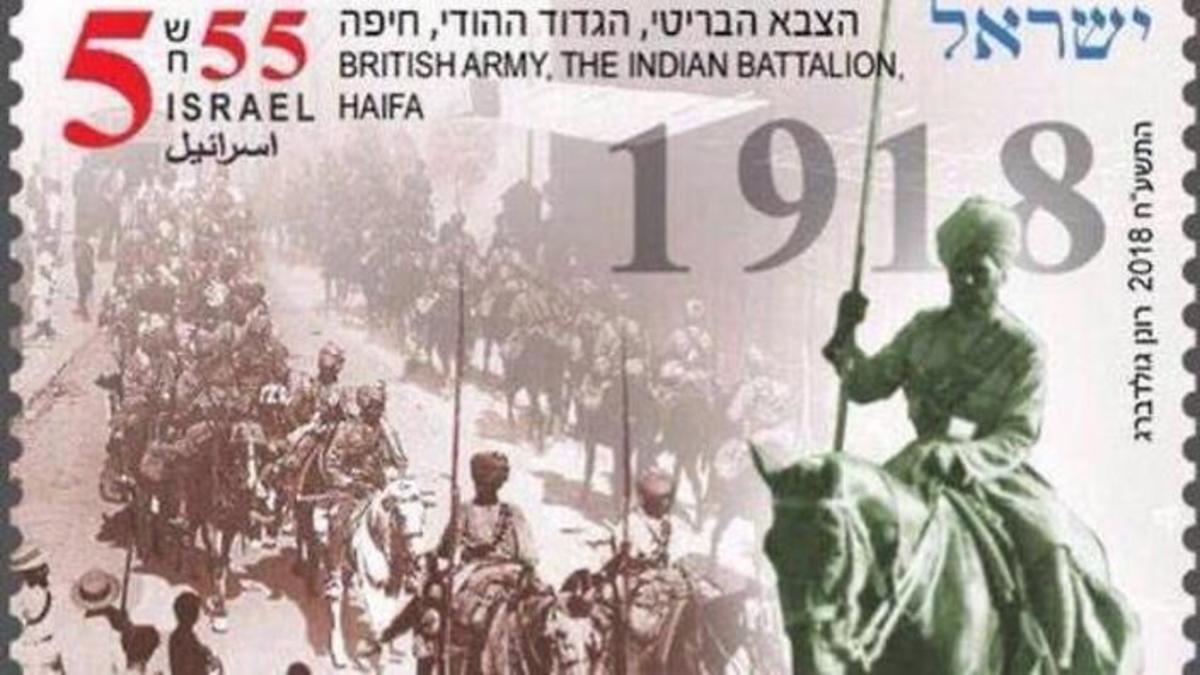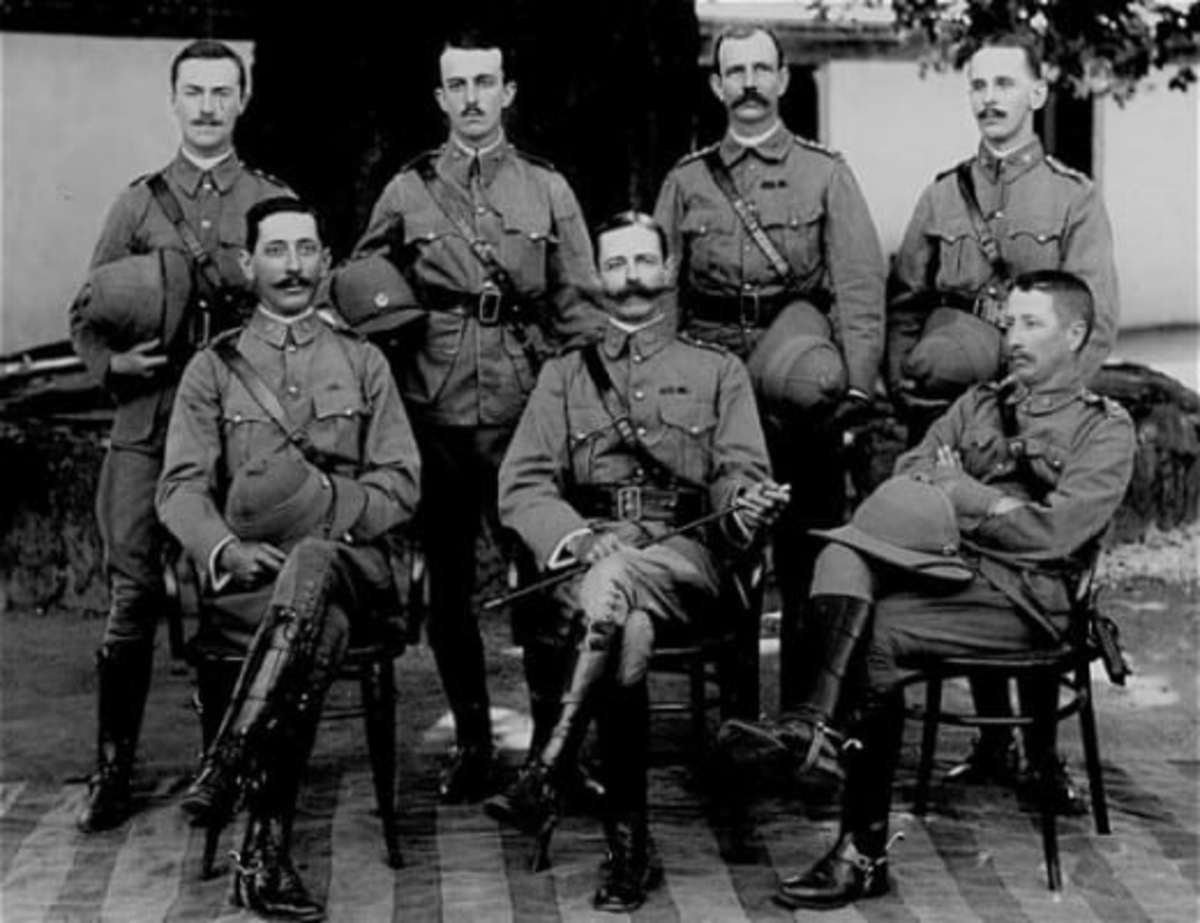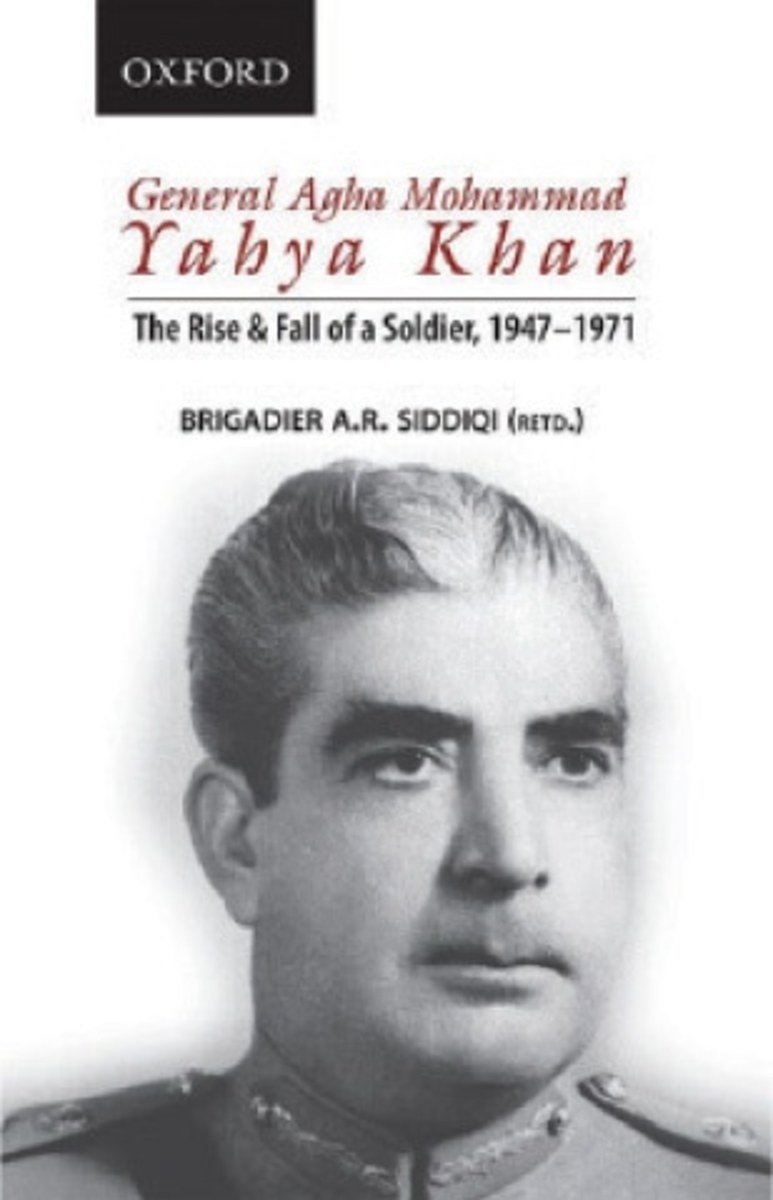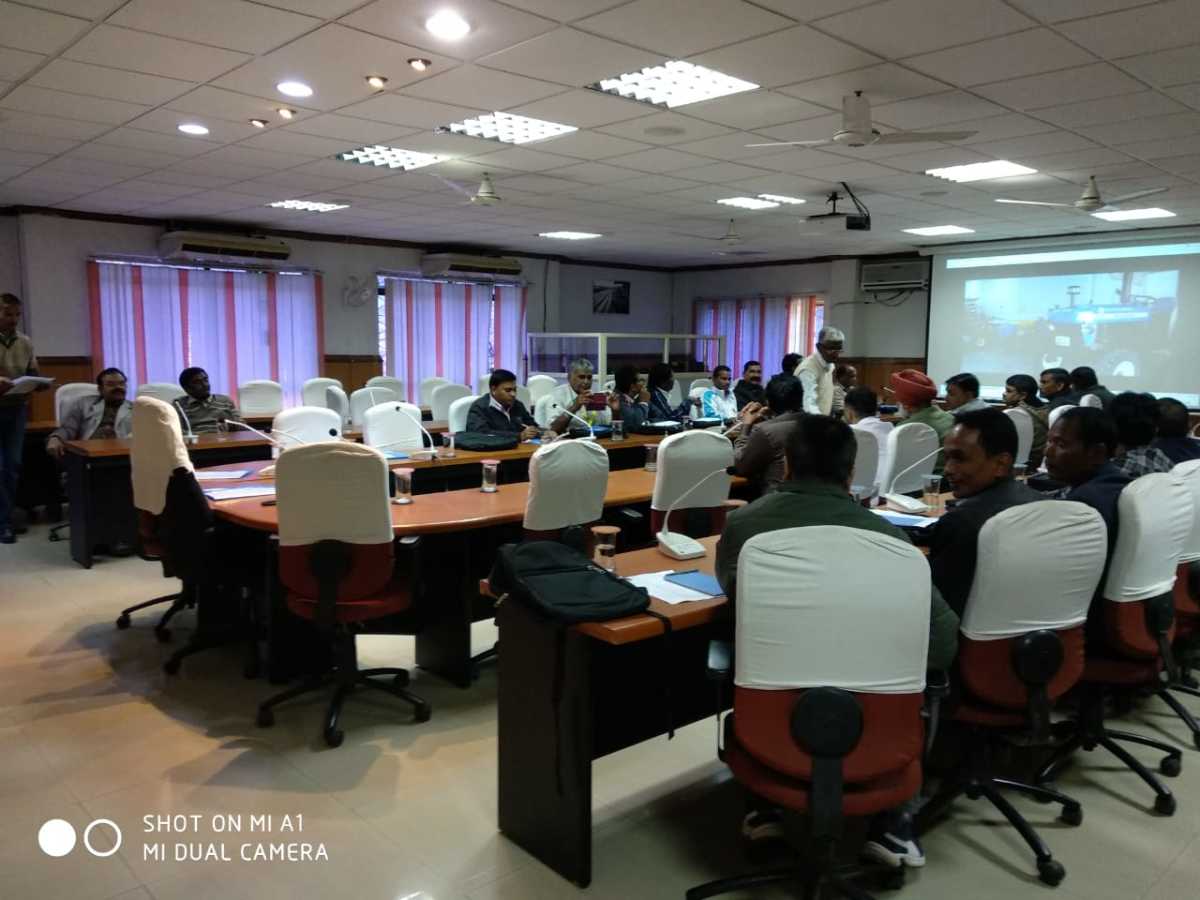How Hindu Leadership From Nehru to Modi Allowed India to Lose Its Dominant Power Status in Asia
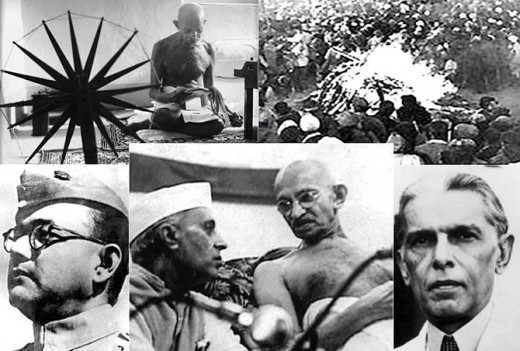
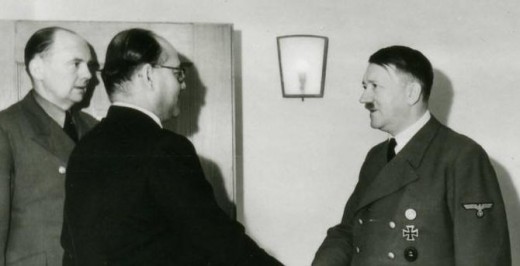
Background
To understand this topic which will have any number of opinions, it is important to understand the history of India. India was a vast conglomeration of small states maybe nearly 500 in number before the advent of the Muslim-Turki invaders.
True, there were one or two Kings( Emperor Ashoka being one of them) that controlled large parts of the subcontinent but invariably they never controlled entire India. India at that time was a Hindu nation in the true sense and followed the pristine Hinduism replete with social ills like child-marriage, Sati, and the caste system. The Indian state with its internal contradictions was thus an easy prey to the Muslim invaders.
Hindus and war
The Hindus were very brave but bravery by itself is not a substitute to cover the evils of society and the lack of cohesiveness among the people. An example is that the warrior class Kshatriyas were the only the ones allowed to pick up arms against the invaders and most of the population like Shudras were forbidden to shoulder arms on pain of death.
The net result was that only a small portion of the population of a particular state fought the invading armies with the vast majority just watching the battles like bystanders. Lack of strategic vision as brought out by Field Marshal Montgomery in his "History of warfare" wherein the strategic passes in the Northwest were never guarded led to the invasion routes being opened.
In a series of battles spread over two centuries, the Hindus were decisively defeated and became second-class citizens in their own land. Despite all the propaganda of the government, notably the Congress government the Muslim invaders were never secular and there are been reports substantiated by historians that the Muslim Invaders carried out conversion with the sword and also killed millions of Hindus.
This state of affairs continued for nine century and the Hindus just lived to survive and continued their age-old practices of Sati and caste system. Matters for the Hindus slightly improved with the advent of the British Raj when after nine centuries the British give equal rights to Hindu citizens and did carry out some social reforms like banning Sati and finishing the menace of thuggery in North India. in fact, they laid the foundation of the modern Indian state.
British rule
The British united India into one country under one roof, something which has not happened for 4000 years. The British created one of the finest fighting machines in the form of the Indian Army. This force was no doubt a mercenary force but it was the linchpin of the British rule all over the globe.
The Indian Army fought for the British in the First World War and broke the back of the Turkish Army. it also faced the Imperial Army during World War II and drove it out of Burma. The British also used the Indian Army to further their influence from China to Singapore and Zanzibar.
The one Indian leader who the British feared was Subhas Chandra Bose, who galvanized Indians and shook hands with Hitler and general Tojo to throw the British out of India. He succeeded as the British were so weakened that they abdicated their responsibility in India. This was mainly because of the effect of Subhash Chandra Bose and the Indian National Army.
It must also be mentioned that the British for their own purposes allowed the setting up of major industries in India and thus Hindustan Aeronautics and Tata Steel plant at Jamshedpur were the first such industries established outside of Japan. In 1947 when the British left India they left behind a framework of a strong army and basic industry as Japan had been defeated with two atomic bombs. India in 1947 was the dominant power of Asia power. The Hindu leadership led by Nehru, Patel, and Gandhi had a serious flaw in their thinking as they had no comprehension of world power and the role of the military and the industry in dominating the world.
Effect of Muslim rule
Most of these leaders had for decades been only leading peaceful agitations against the British or fasting to throw the British out. Unfortunately in 1947 when the Hindu leadership came to power in India it suffered it a deep psychological and split personality After 1100 years the Hindus had their own kin as the head of the Indian state in Delhi. Sadly Nehru did not measure up to the task and allowed a drift that has reduced India to a second power status in Asia
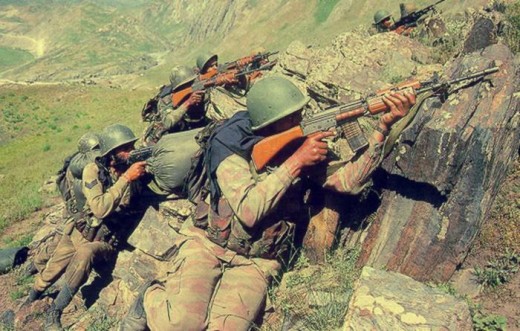
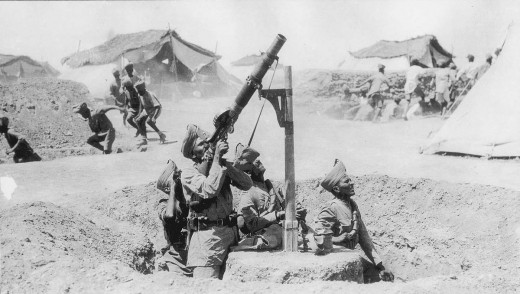
Degradation of Indian military socio economic power
In 1947 the Hindus at last after 1100 years were the rulers. The Hindu leadership failed to comprehend what military power means. One famous psychologist has stated that events in the past condition the present.
In such a scenario 900 years of Muslim rule had conditioned the Hindu thought and the will to dominate the world was simply not there. The Hindu leadership led by Jawaharlal Nehru was more concerned with imperialism after 1947 and also considered the Indian Army as a relic of the imperialistic Raj. The net result was that the army was allowed to go to seed and the finest fighting machine in India and the world made into a toothless tiger. New weapons were not brought in and there was no concept that at some stage India should dominate Asia and the world.
Naivety of Nehru
The naivety of Nehru can be understood, when in the 1955 Bandung conference the Indian leader went about championing the cause of China. The Chinese premier Chou En Lai was introduced by Nehru to the world polity of nations. Nehru has a very little unlimited horizon and it is the bane of India that he continued to be in power for 17 years.
In the process, the Chinese occupied almost the entire Aksai Chin area that is close to 30,000 square miles and finished Tibet as a buffer state. Nehru was of the view that the Himalayas were a natural barrier to safeguard India but he did not realize that such mountains are no longer a hindrance to modern armies and in 1962 he cut a sorry figure when all his policies went up in smoke and the Indian Army suffered a big defeat.
Things were not rectified even after this defeat and demise of Nehru and the Hindu leaders who followed Nehru were men with a very limited horizon. One of the Indian Prime Ministers Morarji Desai being more concerned with introducing prohibition in the Indian Army then making any concrete plans to counter China.
In 1948 China was having a village economy while India had an advanced economy replete with steel plant and an aircraft factory. At that time not even a bicycle was made in China. Instead of building on this infrastructure left behind by the British, the Hindu leadership concentrated more on caste and language. This concept is most likely conditioned by 900 years of Muslim rule.
India lost the leadership of Asia and despite being five times the size of Pakistan cannot with confidence even face that country. I have been wondering why the leadership in India failed to have a global vision. One of the reasons which need to be studied by psychologists is the effect of 900 years of Muslim rule.
The Hindus failed to comprehend what is power and when they achieved this in 1947 they started with policies like appeasement of the Muslim minority. They also incorporated caste in the constitution of India and created linguistic States which effectively divided India into two compartments. It is difficult to understand how the Hindu readership failed to see the writing on the wall by creating the linguistic States which has led to fissiparous tendencies in the country.
Last word
The fact is China has made by great strides and even Trump and the USA are wary of the Red Dragon. In contrast, nobody is really bothered about India and even the present Prime Minister Narendra Modi has really no comprehension of power politics. An example is that the Chinese have already deployed the S 400 Missile system in Tibet while the Indians are still negotiating to buy one from Russia. The Chinese army is building their own fighters while the Indians are going around shopping over the world for the advanced fighters. This is because of a culmination of-5 decades of neglect to develop the military-economic Industrial complex. One wonders who is responsible for this lapse and the reduction in history of India's great power status.
